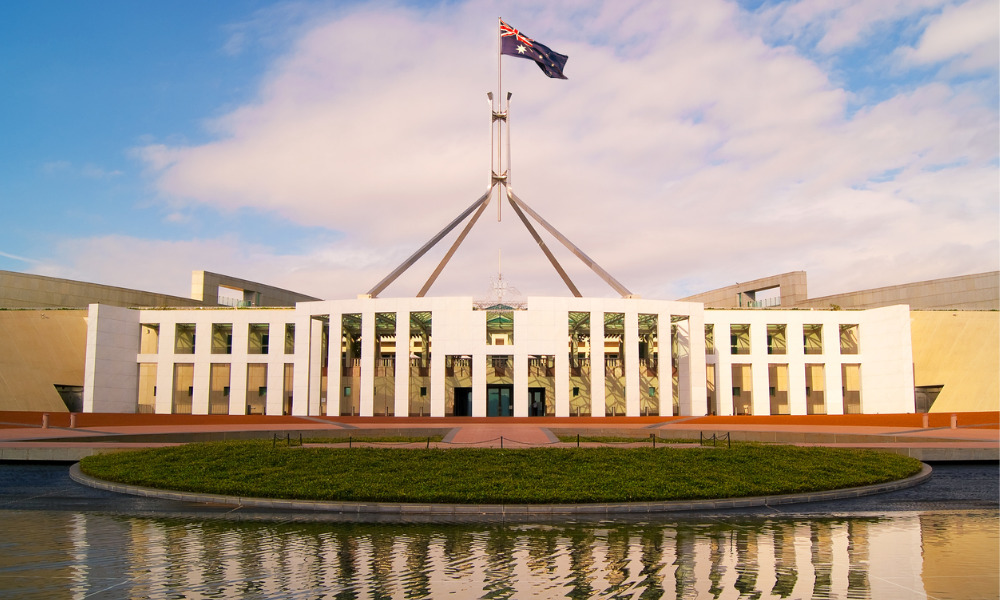
The Law Council proposed five critical areas of improvement

The Law Council of Australia has appeared before the Independent National Security Legislation Monitor (INSLM) to review the operation and effectiveness of the National Security Information (Criminal and Civil Proceedings) Act 2004 or the NSI Act.
Law Council President Luke Murphy issued a statement acknowledging the necessity of safeguarding national security information during federal proceedings but voiced concerns about the act's impact on fair and public hearings and the principle of open justice.
"In our view, the approach adopted in the NSI Act amounts to an unacceptable restriction on the right to a fair and public hearing and the principle of open justice, in favour of the protection of information that may be relevant to national security," Murphy said.
The Law Council proposed five critical areas of improvement to the NSI Act. First, the Law Council urged the repeal of sections 39 and 39A of the act, which enable unjustified interference with a person's right to legal representation through the security clearance process. The Law Council stressed that the continuation of these security clearance provisions, even if they are not implemented in practice, threatens the legal profession's independence by potentially allowing the executive arm of government to effectively 'vet' the class of lawyers who can act in these matters.
Furthermore, the Law Council proposed that if these parts of the NSI Act are retained, more must be done to ensure these decisions are conducted in a timely and independent manner, reasons should be provided under the NSI Act if a security clearance is refused, and the NSI Act should provide for review of an adverse decision.
Second, the Law Council likewise urged the repeal of subsection 31(8) as it favours national security over the rights of the accused and open justice principles. The Law Council suggested amending subsection 31(7) to require the court to explicitly consider the principle of open justice before making an order under section 31.
Third, the Law Council proposed that the scope of the NSI Act's operation be defined with greater precision. Notice provisions should be amended to require notifying the Attorney-General about the potential disclosure of narrower, directly relevant information. Additionally, the Law Council stated that there should be greater specification of the degree of prejudice required under section 17 to establish disclosure is 'likely to prejudice national security'.
Fourth, the Law Council expressed concerns about the proportionality of offences in Part 5 of the NSI Act and the Regulations, fearing that lawyers might face prosecution for performing their duties. They opposed increasing penalties for these offences.
Lastly, the Law Council supported the amendment of the NSI Act to explicitly regulate the appointment of special advocates for closed court applications, non-disclosure certificate hearings, and decisions to disclose information in court reasons for orders.
Murphy emphasized that these reforms are vital to address current NSI Act deficiencies. "We look forward to working with the INSLM to progress recommendations aimed at more appropriately balancing the protection of national security information with fundamental rights to the right to a fair hearing and the principle of open justice."